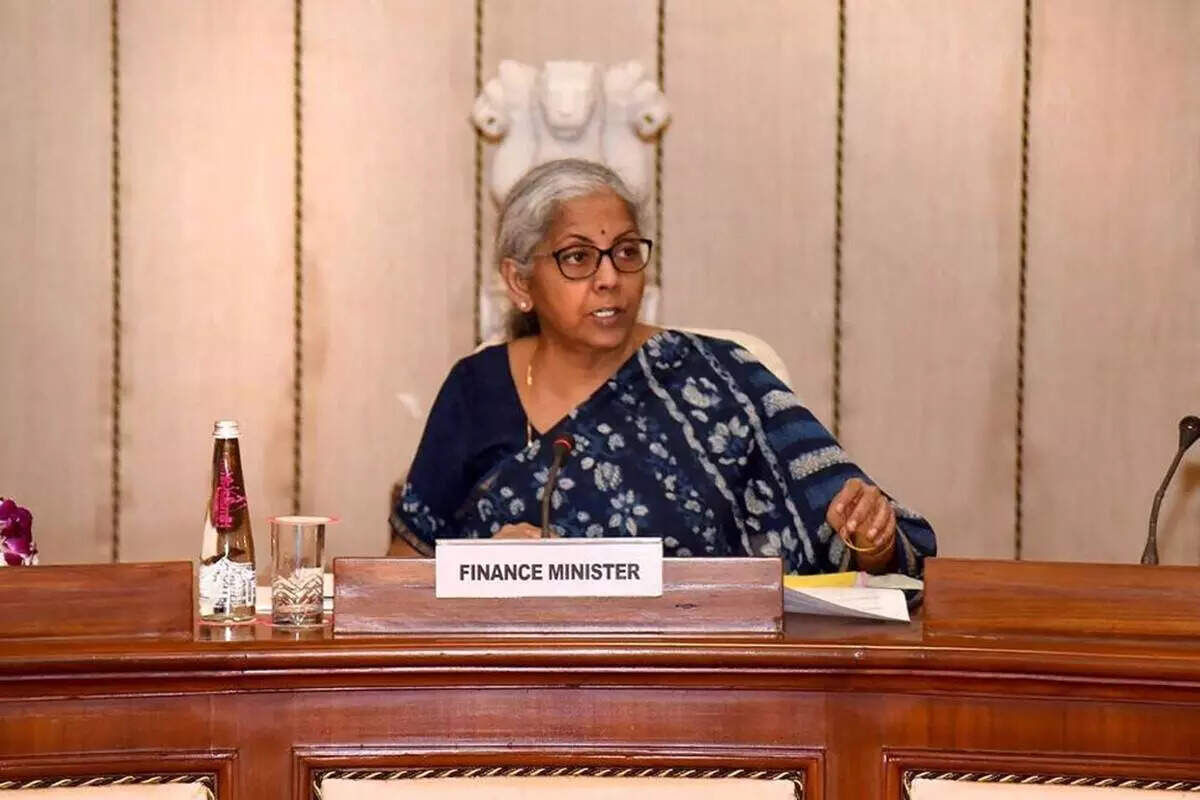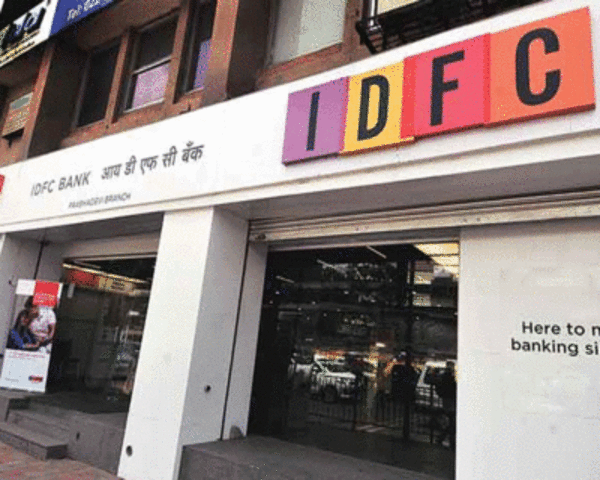Domestic benchmark indices
Sensex and the
Nifty snapped their 3-day winning run yesterday, of which state-owned banks were among the major losers. The
market has been showing signs of correction, with investors resorting to profit booking after a stellar record-setting spree.
Among sectors, public sector banks lost the most, while private banks gained the most today.
On Friday, banking and financial services stocks were in focus after Finance Minister Nirmala Sitharaman announced the much-awaited bad bank.The Nifty Bank scaled the crucial 38,000-level mark for the first time ever, and a fresh lifetime high of 38,112.75.
The BSE Sensex has gained around 9% over the last month. Stock-specific moves, weak cues from Asian markets, inflation data, revival of economic activity in Europe, improving economic data and healthy pick up in India’s daily inoculations were considered key driving factors this week.
Monday Closing bell: Indices end flat on negative bias, Nifty Bank falls
Domestic equity indices ended in the red on Monday, with BSE Sensex down 0.2% at 58,177 points and Nifty 50 down 0.08% at 17,355. However, mid and smallcap stocks outperformed other sectors, with BSE Midcap index closing 0.32% higher and the smallcap index ending with a gain of 0.80%.
Nifty Bank and Nifty Financial Services closed 0.58% and 0.19% lower, respectively. ICICI Bank, HDFC Bank and SBI Life Insurance were top laggards among Sensex stocks, while Kotak Mahindra Bank, Bajaj Finserv, Chola Invest and Power Finance were top gainers.
Tuesday Closing bell: Indices end with mild gains, broader markets outperform
The BSE Sensex closed at a high of 58,247 points, up 69 points, and the Nifty 50 rose 25 points to end at 17,380, a record closing high for the benchmark. Broader markets outperformed the benchmarks as both mid and small-caps were up 1% each.
Bank Nifty opened higher and made an intraday high of 36840 but failed to sustain higher levels. It closed with a gain of 0.38%, and Nifty Financial Services closed at 18,103, down 0.13%.

Wednesday Closing bell : Sensex, Nifty end at record closing highs
Headline indices Sensex and Nifty 50 ended at record closing highs, with both indices up nearly 1% each. The Sensex closed at 58,723 points, up 0.82%, while Nifty closed the day at 17,519, up 0.80%. BSE Midcap and Smallcap indices closed 0.65% and 0.86% higher, respectively.
Nifty Bank closed 0.65% higher at 36,852, while Nifty Financial Services ended at 18,158, up 0.30%. SBI, IndusInd Bank and HDFC were among the top gainers, while Axis Bank and HDFC Bank were among the top laggards.
PSU bank index jumped 2.83% with J&K Bank, Bank of Baroda, IOB, Indian Bank gaining 2.7% each.
Thursday Closing bell: Market closes at record highs again; banks, financials outperform ahead of FM announcement
Domestic benchmark indices ended at record closing highs on Thursday. Banks and financials outperformed all the sectors, ahead of Financial Minister Nirmala Sitharaman’s bad bank announcement.
BSE Sensex jumped 418 points to end above 59,100 mark for the first time at 59,141, while the Nifty 50 index ended at 17,629.50, rising 0.63%. BSE Midcap and Smallcap indices also hit their fresh record highs intraday, and closed 0.48% and 0.08% higher, respectively.
Among sectors, the Nifty PSU Bank index jumped 5.43%, while the Nifty Private Bank index clocked a gain of 2.67% . The Nifty Bank index rose 2.22%, while Nifty Financial Services gained 1.09%. Induslnd Bank emerged as the top gainer jumping 7% followed by SBI, Kotak Mahindra Bank, ICICI Bank, Axis Bank and HDFC Bank.
Friday Closing Bell: Sensex and the Nifty snapped 3-day winning streak, PSU banks gain
Having scaled fresh highs in early deals, benchmark indices lost steam as investors were seen booking profits after the three-day winning streak. Losses were led by PSU banks, auto, pharma stocks. BSE Sensex ended 0.21% lower at 59,016, while the Nifty 50 index fell 0.25% to settle at 17,585. BSE Midcap index fell 1.14% and the BSE Smallcap index closed 1.06% lower.
Bank Nifty ended at 37,811, up 0.38%, while Nifty Financial Services rose 0.65% ending at 18,476. Nifty PSU Bank index fell more than 3%, with Bank of Baroda losing 4.37%, by IOB, UCO Bank and Bank of India.
Key Industry takeaways
Retail inflation softens to 4-month low in August at 5.3%

Retail inflation based on Consumer Price Index (Combined) eased to a four-month low of 5.3% in August due to moderation in food prices along with a high base effect, data released by the National Statistical Office (NSO) on 13 September showed.
The August inflation print is within the targeted range of 2±4 per cent of the Reserve Bank of India (RBI) though this is the seventh consecutive month of an inflation print higher than 5 per cent and 23rd consecutive month of it being above the RBI’s target of 4%.
SREI’s Rs 35,000-crore loan may be classified as NPA
Banks may classify Rs 35,000 crore loan given to SREI group as Non Performing Asset (NPA) by the end of this quarter after the National Company Law Tribunal (NCLT) set aside the previous order restraining banks from such classification.
According to analysts’ estimates, Indian Bank and Canara Bank have exposures of Rs 2,000 crore and Rs 1,200 crore, respectively, to Srei group, while ICICI Bank and Axis Bank have Rs 800 crore each.
Sebi proposes to tighten timeline for filing settlement applications
The Securities and Exchange Board of India on Tuesday proposed to tighten the timeline of settlement mechanism, whereby it suggested fixing the total timeframe for filing the application at 60 days after receipt of the notice to show cause.
The total timeframe for filing the application for settlement may be fixed at 60 days of the date of receipt of the show-cause notice or the supplementary notice, whichever is later, Sebi said in a consultation paper.
Finance Minister Sitharaman announces bad bank

Finance Minister Nirmala Sitharaman announced the much-awaited bad bank on Thursday, and said that the Union Cabinet approved on Wednesday the sovereign backing of up to Rs 30,600 crore for the securities receipts.
The planned National Asset Reconstruction Company Ltd (NARCL) will issue securities receipts to banks as it takes on non-performing assets from their books. These securities receipts will be valid for five years.
Mahindra Finance enters vehicle leasing and subscription business
Mahindra & Mahindra Financial Services Ltd announced on Thursday, its entry into vehicle leasing and subscription business, under the brand name ‘Quiklyz’.
Under this model, consumers can pay a monthly fee to access a vehicle of their choice across all car brands, at a lower price as against regular ownership.
IDFC Board approves initiating steps to divest mutual fund business:

The board of directors of IDFC Ltd and IDFC Financial Holding Co Ltd at their meetings held on Friday have considered and approved to initiate steps to divest its mutual fund business subject to requisite regulatory approvals, as applicable.
The boards have authorised respective strategy and investment committees to take necessary steps, including appointment of investment banker, for the same.










